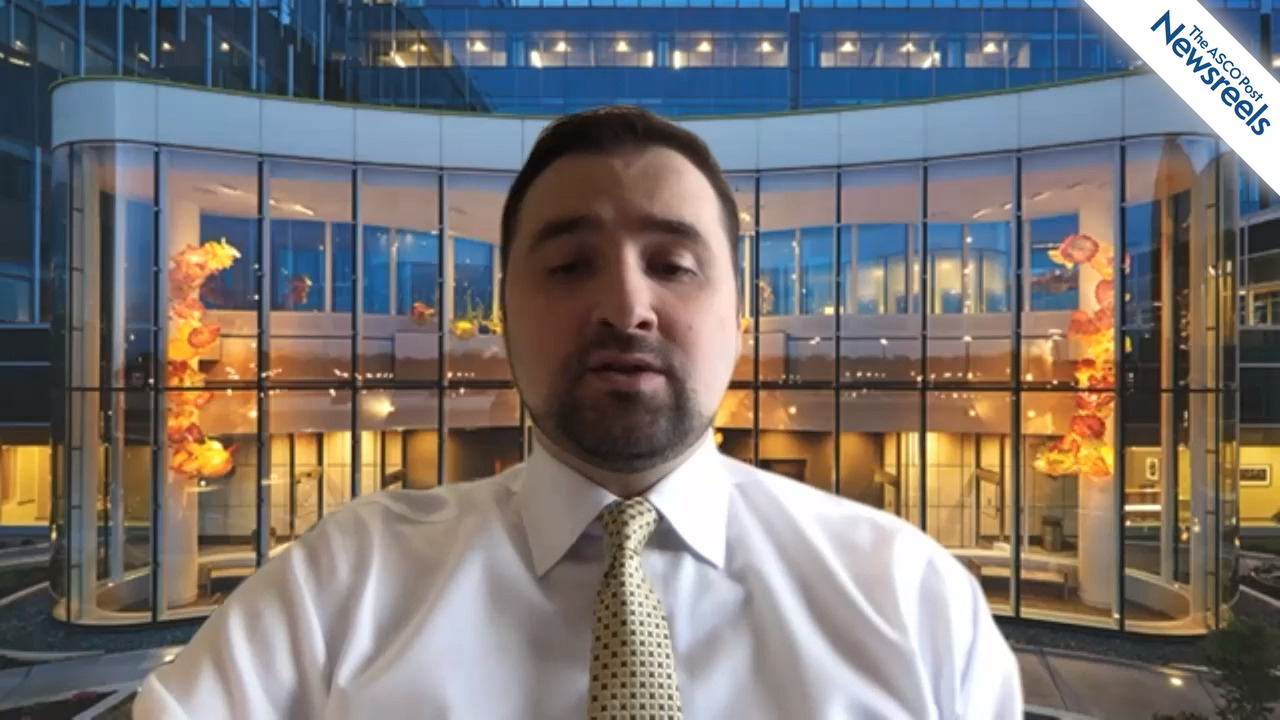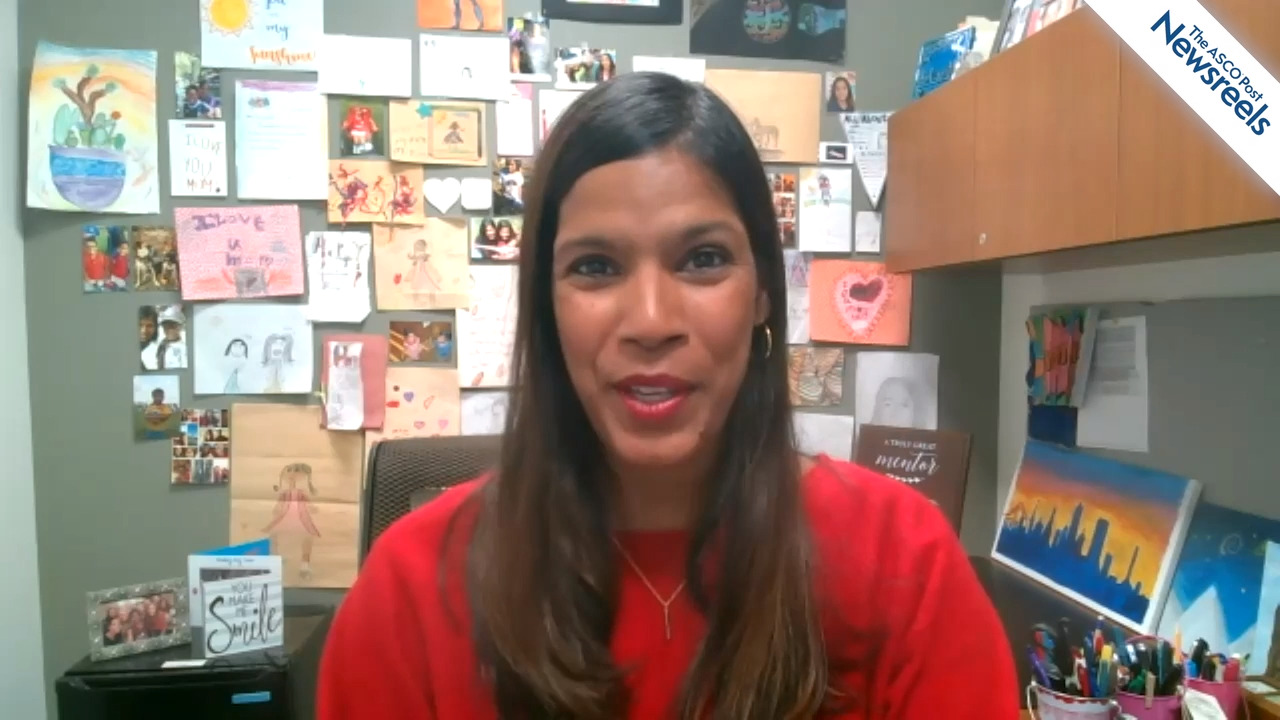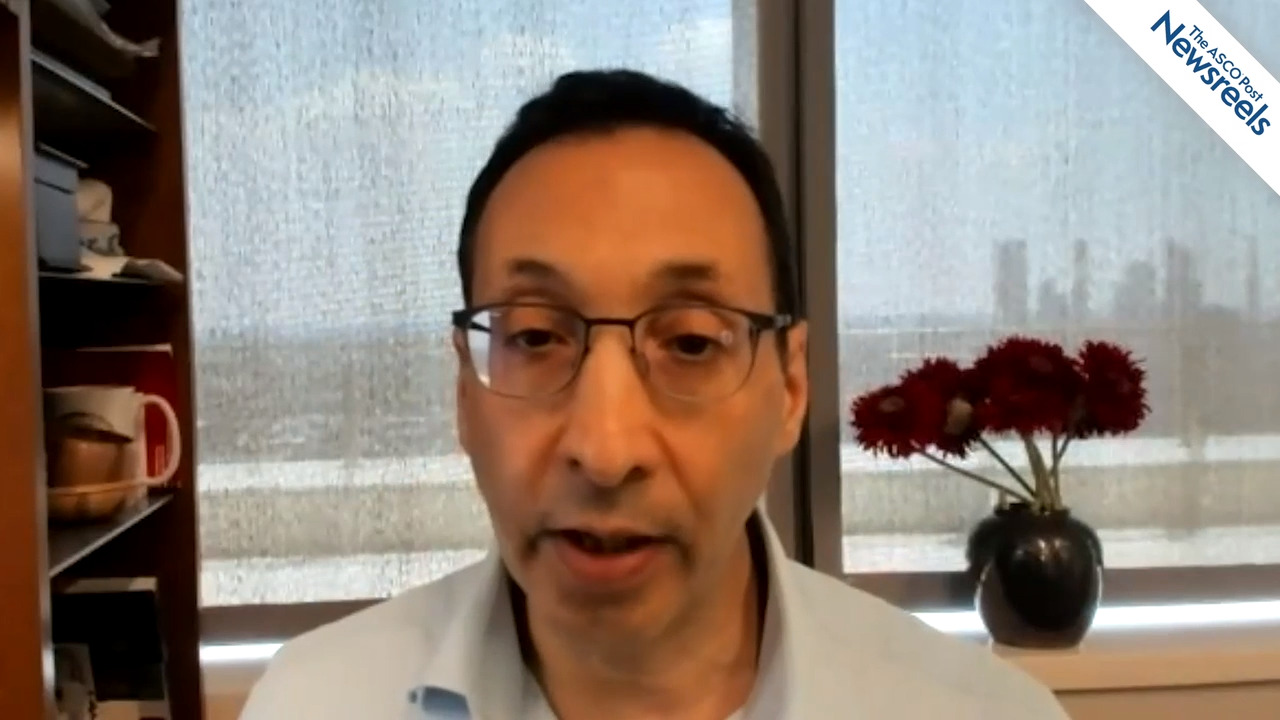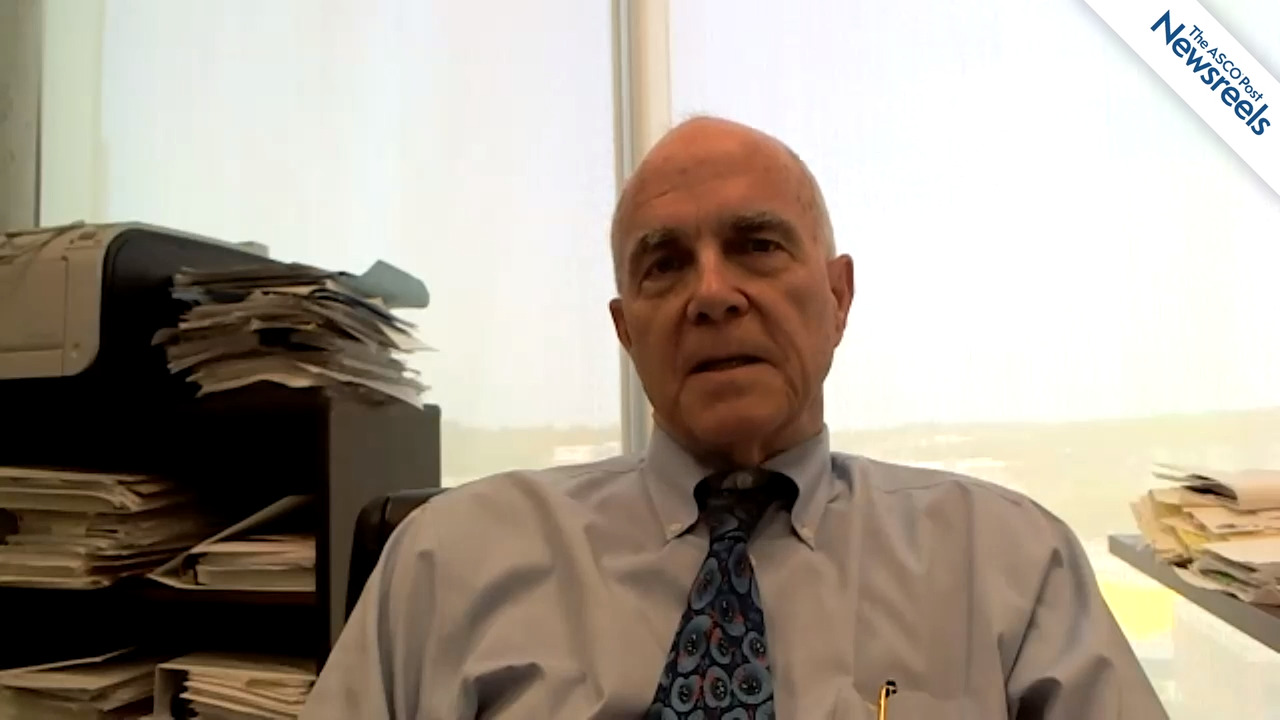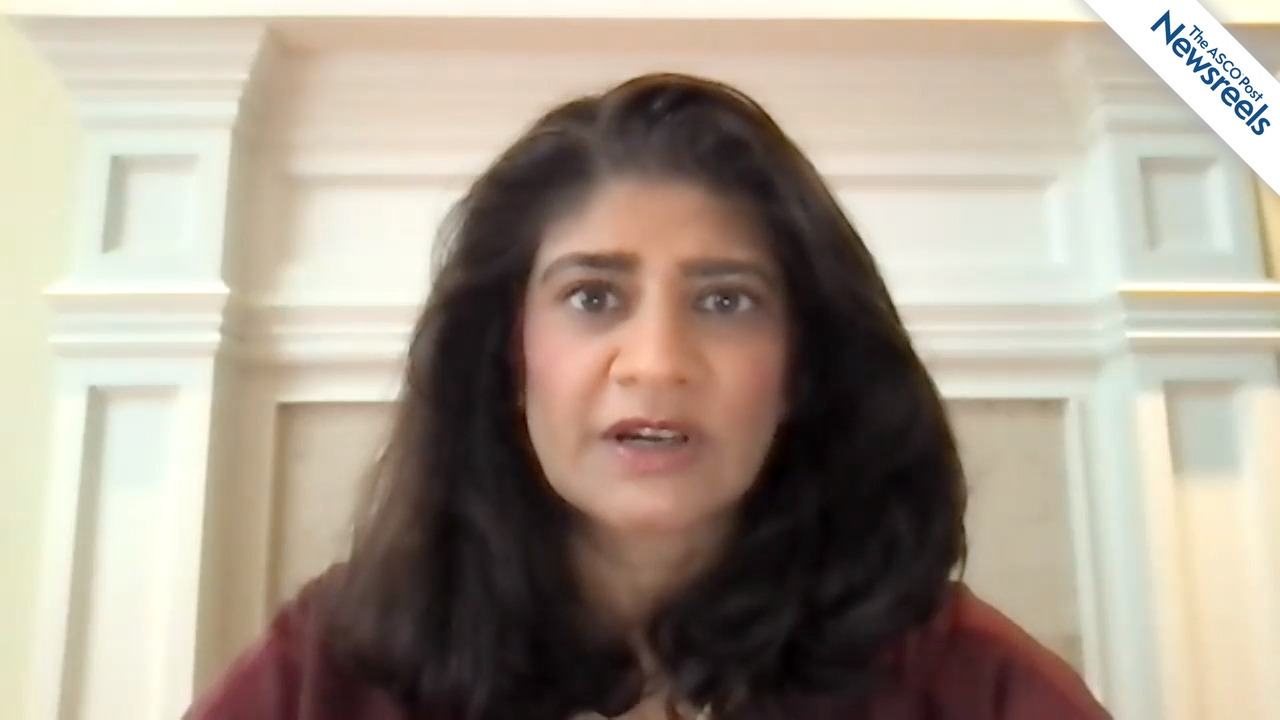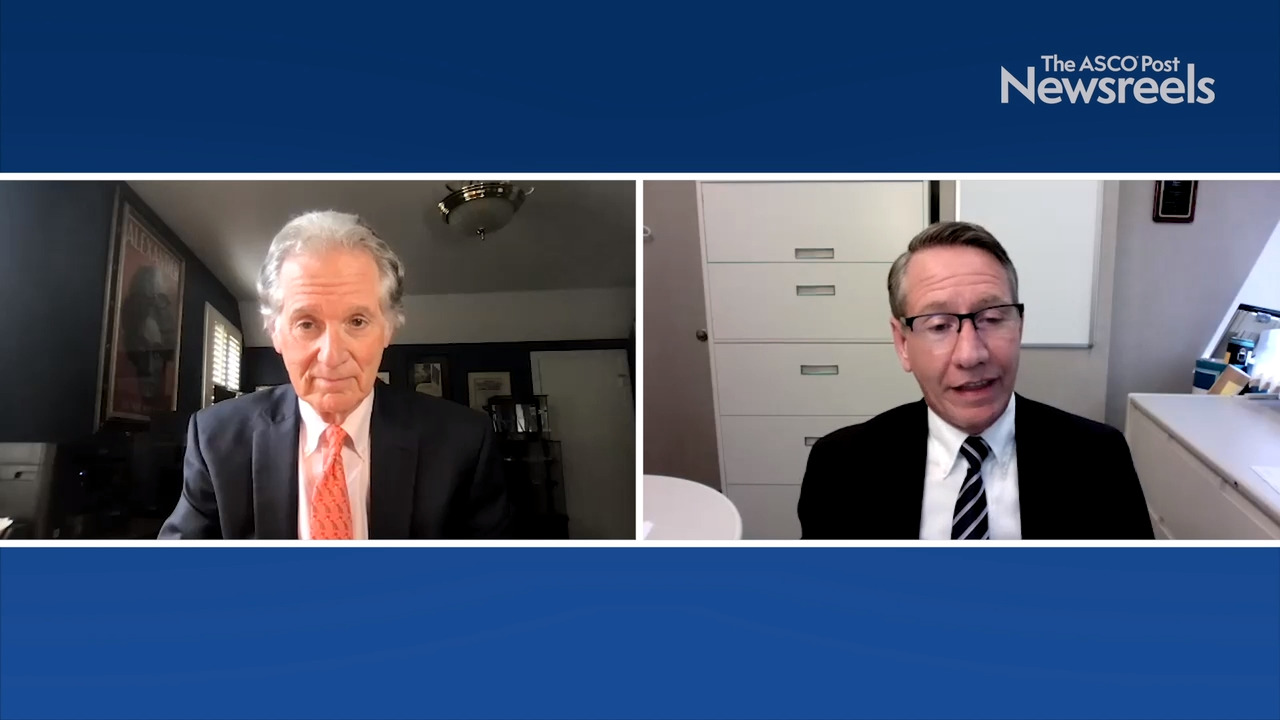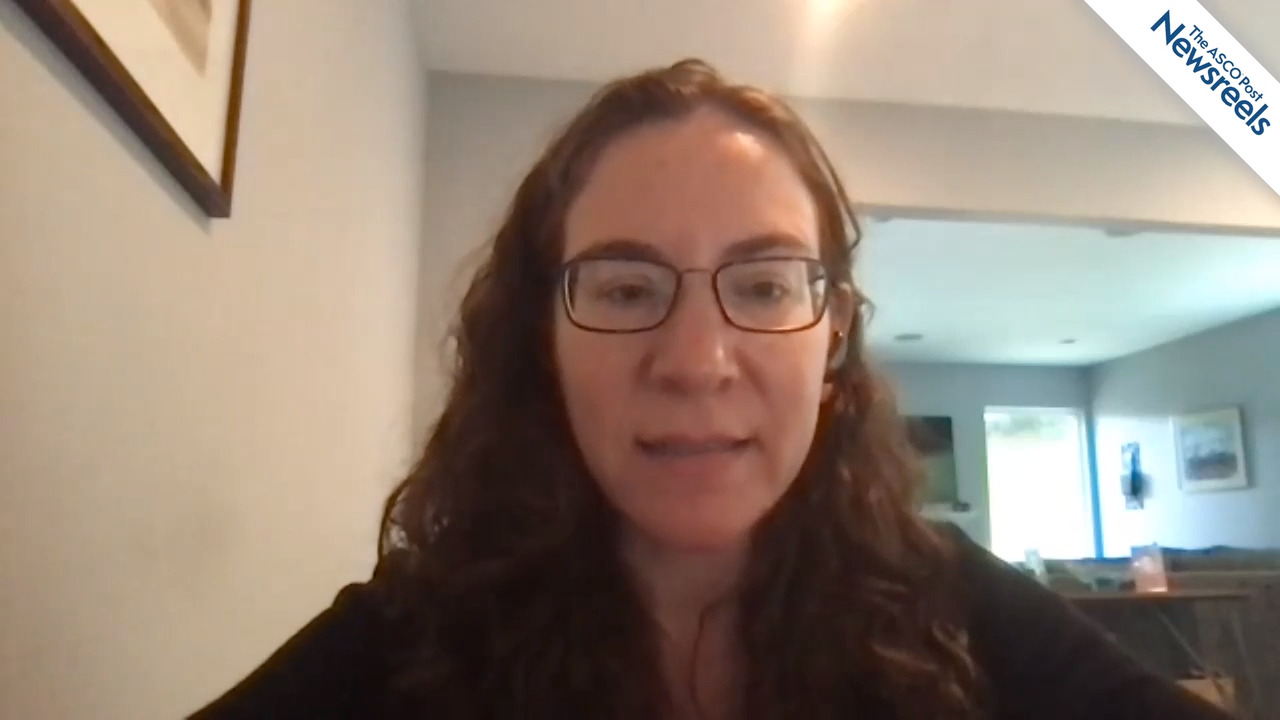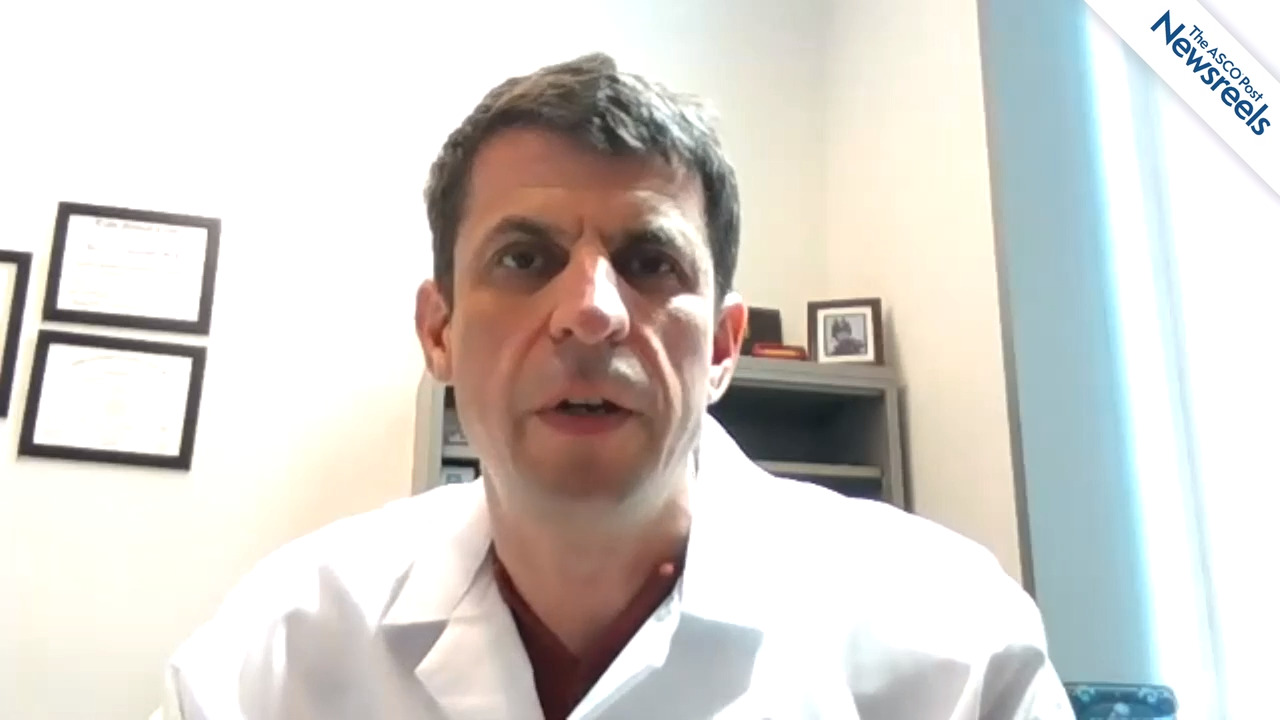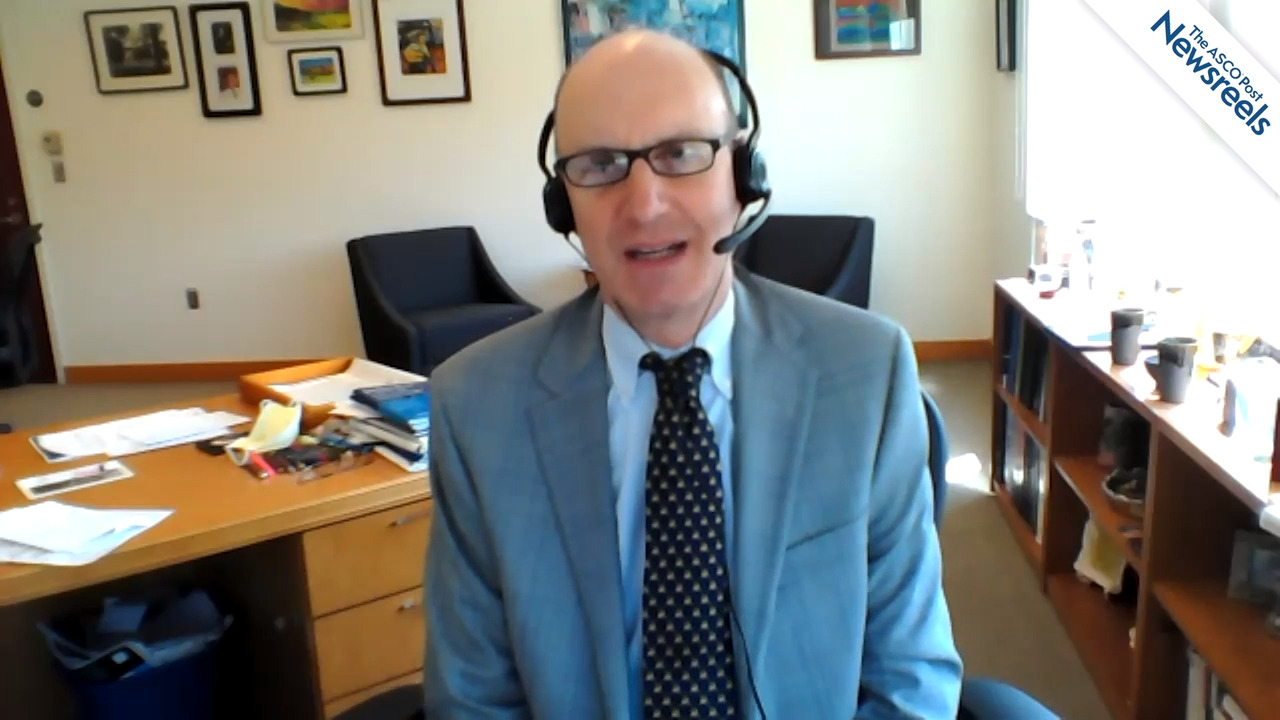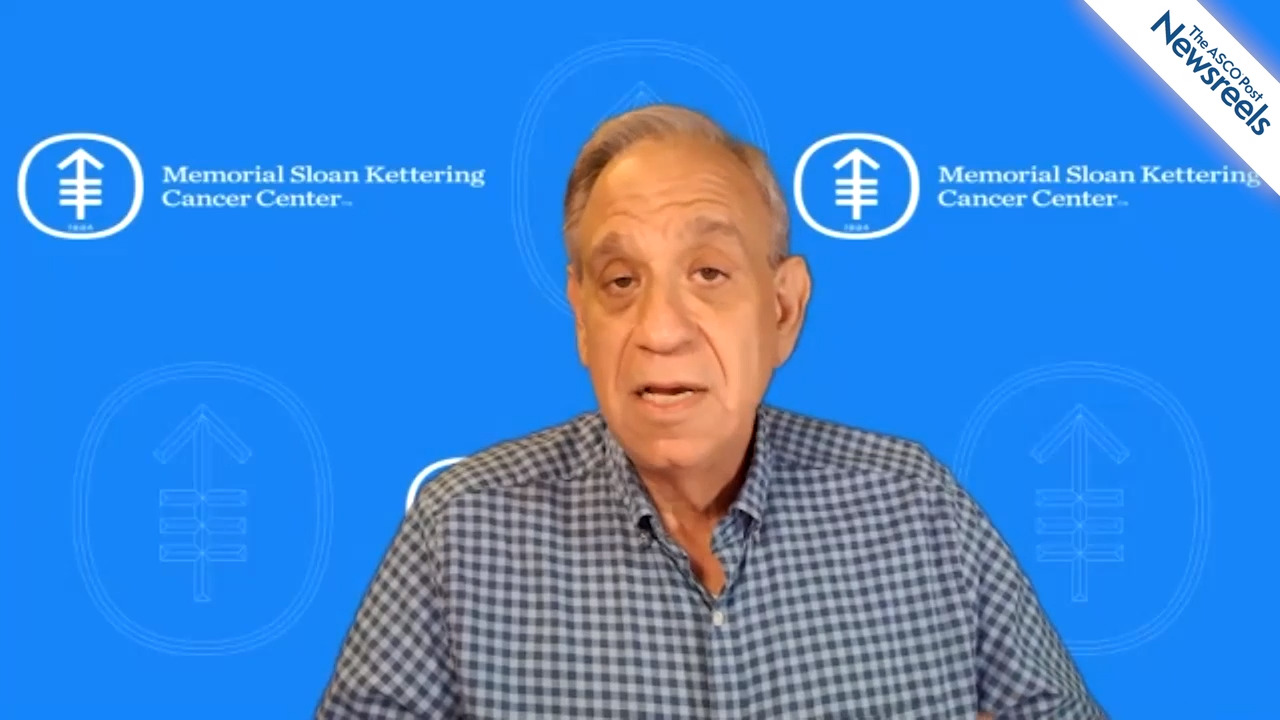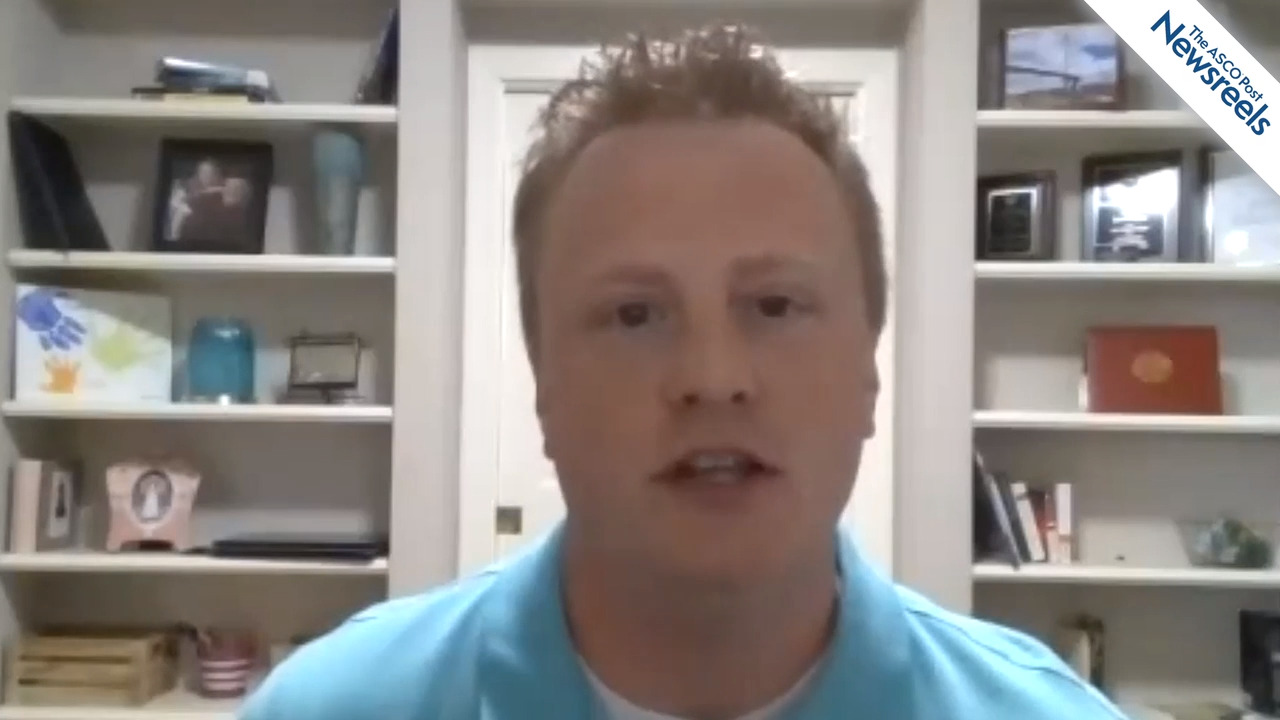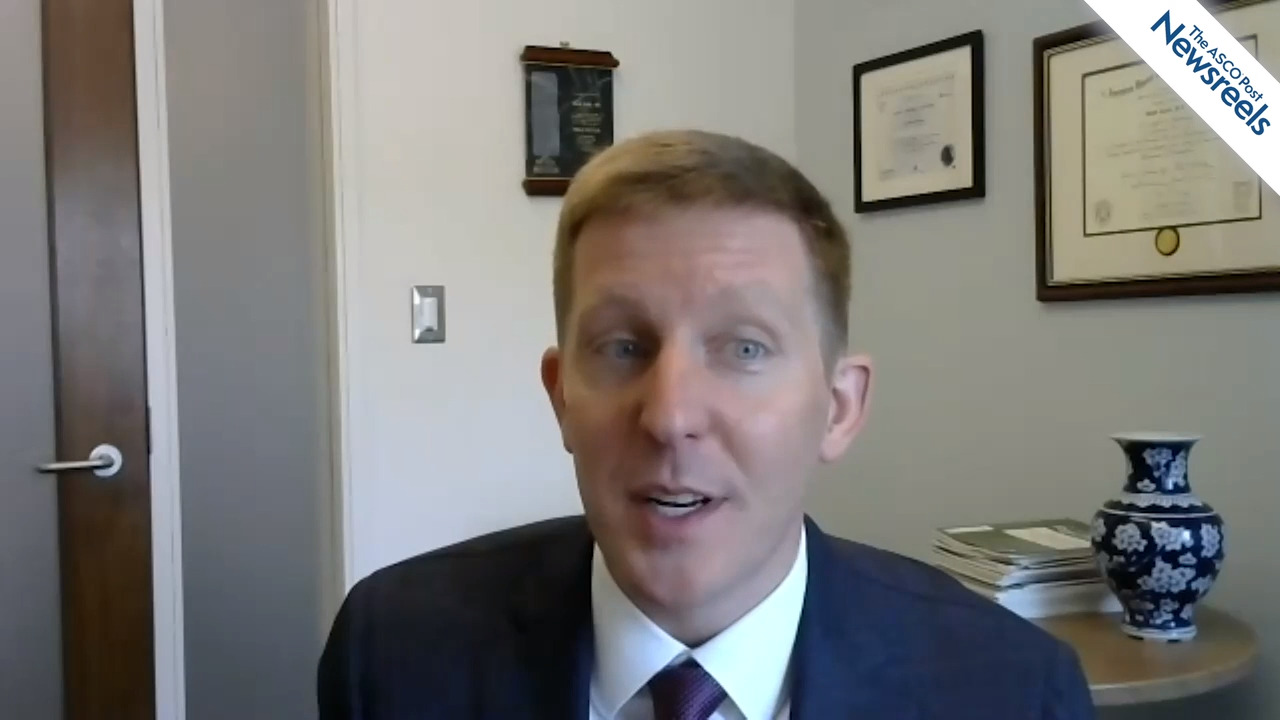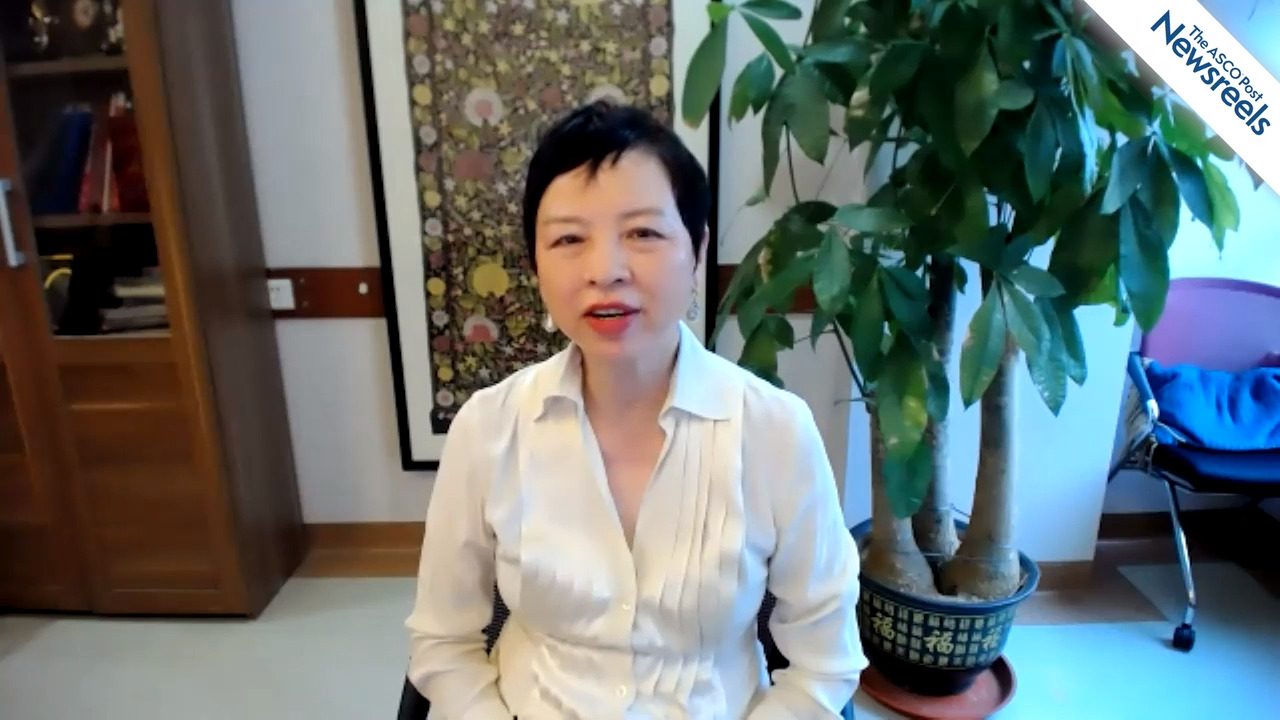2021 Pan Pacific Lymphoma Conference
Tackling a Growing Need: Options After CAR T-Cell Therapy for Lymphoma
For aggressive B-cell lymphomas, chimeric antigen receptor (CAR) T-cell therapy saves lives, but relapse remains common, and a second-line standard of care is lacking. During the 2021 Pan Pacific Lymp...
A Look at Tomorrow’s CAR T-Cell Therapy Today
Some of the most impressive data on chimeric antigen receptor (CAR) T-cell therapy have come from studies conducted in China. Attendees at the 2021 Pan Pacific Lymphoma Conference heard from one of th...
Lymphoid Malignancies: What’s Next for Antibody-Drug Conjugates?
Antibody-drug conjugates are improving outcomes of patients with lymphoma, often those who have exhausted treatment options after chimeric antigen receptor (CAR) T-cell therapy. Four available antibod...
Putting Radiotherapy to Best Use With CAR T-Cell Therapy in Lymphoma
The integration of radiation therapy into chimeric antigen receptor (CAR) T-cell therapy may improve outcomes for patients with relapsed or refractory lymphoma, according to Charles A. Enke, MD, Profe...
Bispecific Antibodies Find a Place in B-Cell Lymphoma Treatment
In relapsed or refractory B-cell lymphomas, bispecific T-cell engager antibodies are finding a place in the treatment algorithm, said Christopher Flowers, MD, MS, FASCO, Professor and Chair of the Dep...
Muhamed Baljevic, MD, on Multiple Myeloma: Review of Novel Management Strategies
Muhamed Baljevic, MD, of the University of Nebraska Medical Center, reviews the outlook for treating patients with relapsed and refractory multiple myeloma, the rapidly expanding array of therapeutic ...
Muhamed Baljevic, MD, on Multiple Myeloma: Review of Novel Management Strategies
Muhamed Baljevic, MD, of the University of Nebraska Medical Center, reviews the outlook for treating patients with relapsed and refractory multiple myeloma, the rapidly expanding array of therapeutic ...
Nina Shah, MD, on Newly Diagnosed Multiple Myeloma: Novel Combination Therapies
Nina Shah, MD, of the University of California, San Francisco, discusses triplet drug combinations that are the current standard of care for transplant-eligible and -ineligible patients with multiple ...
Steven M. Horwitz, MD, on Advanced-Stage Mycosis Fungoides and Sezary Syndrome: Update on Management Practices
Steven M. Horwitz, MD, of Memorial Sloan Kettering Cancer Center, discusses treatments for advanced mycosis fungoides and Sezary syndrome, including brentuximab vedotin and mogamulizumab, and how best...
James O. Armitage, MD, on Advanced Hodgkin Lymphoma: Choosing Among BEACOPP, A-AVD, and Checkpoint Inhibitors
James O. Armitage, MD, of the University of Nebraska Medical Center, discusses various treatment regimens for patients with Hodgkin lymphoma, including BEACOPP, brentuximab vedotin, ABVD, A-AVD, nivol...
Sonali M. Smith, MD: Can CNS Prophylaxis Prevent Secondary High-Grade B-Cell Lymphomas?
Sonali M. Smith, MD, of the University of Chicago, discusses the many uncertainties in preventing secondary high-grade B-cell lymphomas, which have a poor prognosis; how to discern the patients at hig...
Bruce D. Cheson, MD, and Stephen M. Ansell, MD, PhD, on Non-Hodgkin and Follicular Lymphomas: Integrating Non–CAR T-Based Treatments
Stephen M. Ansell, MD, PhD, of the Mayo Clinic, and Bruce D. Cheson, MD, of the Lymphoma Research Foundation, engage in a lively debate about CAR T-cell therapy, how it fits in with immunotherapy and ...
Alison J. Moskowitz, MD, on ABVD in Hodgkin Lymphoma: Adding Brentuximab Vedotin and Checkpoint Inhibitors to Standard Treatment
Alison J. Moskowitz, MD, of Memorial Sloan Kettering Cancer Center, discusses the combination ABVD (doxorubicin, bleomycin, vinblastine, and dacarbazine), individualized approaches for treating patien...
Alexey V. Danilov, MD, PhD, on Lymphoid Malignancies: Novel Agents Targeting BTK Inhibitor–Resistant Disease
Alexey V. Danilov, MD, PhD, of City of Hope, discusses the uses and side effects of cellular and immune therapies, including venetoclax and obinutuzumab, which may prove to be effective in treating h...
Jonathan W. Friedberg, MD, on Managing Indolent NHL With Oral Therapies
Jonathan W. Friedberg, MD, of the University of Rochester Medical Center, discusses treatment options for follicular lymphoma, focusing on the combination of lenalidomide and rituximab and why he uses...
Andrew D. Zelenetz, MD, PhD, on MRD Testing in the Management of Non-Hodgkin Lymphoma
Andrew D. Zelenetz, MD, PhD, of Memorial Sloan Kettering Cancer Center, discusses the role of minimal residual disease evaluation in the treatment of non-Hodgkin lymphoma, techniques used to predict r...
Jared E. Matya, PharmD, BCOP, on Supportive Therapies for Side Effects Related to Novel Oral Treatments
Jared E. Matya, PharmD, BCOP, of Nebraska Medicine, discusses oral agents and their toxicity profiles, as well as newer-generation agents that are often more selective and better tolerated. He describ...
David S. Kroll, MD, on Recognizing and Treating Depression and Anxiety in Patients With Lymphoma
David S. Kroll, MD, of Brigham and Women’s Hospital, discusses the symptoms of distress in patients with lymphoma and other oncologic malignancies, risk factors for poor outcomes, and how best to appr...
Peihua (Peggy) Lu, MD, on CAR T-Cell Therapy: Research in China
Peihua Lu, MD, of Lu Daopei Hospital, discusses the state of research in China on CAR T-cell therapy, placing it in the context of the global development pipeline and the progress being made.
